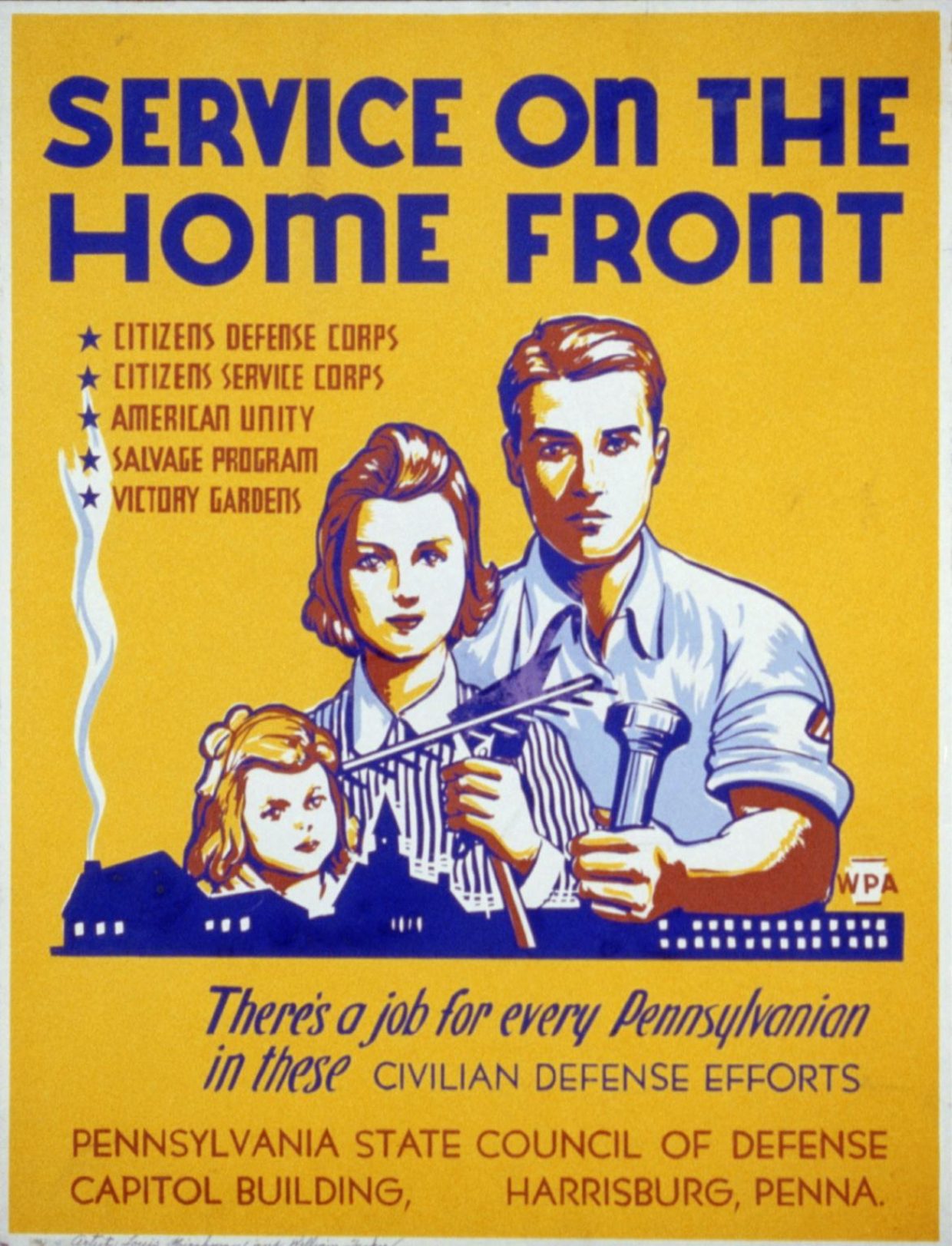In times of war, the surge of national pride often becomes a powerful force shaping political landscapes. Nationalism, with its deep-rooted appeal to shared identity and common purpose, can rapidly mobilize citizens, unify disparate groups, and drive political agendas forward. But how exactly does this potent sentiment translate into political action during wartime? In this article, we’ll explore the ways nationalism acts as a catalyst for political mobilization, examining its impact on public support, government policy, and the overall momentum of wartime efforts. Whether you’re a history enthusiast, a student of politics, or simply curious about the intersection of identity and power, this discussion aims to shed light on the dynamic role nationalism plays when nations face conflict.
Table of Contents
- Understanding the Emotional Power of Nationalism in Times of Conflict
- The Role of Symbolism and Shared Identity in Sustaining Morale
- Strategies for Inclusive Political Mobilization Amid Rising Nationalism
- Balancing Patriotism and Pluralism to Foster Unity and Resilience
- Key Takeaways
Understanding the Emotional Power of Nationalism in Times of Conflict
In periods of conflict, nationalism transcends political rhetoric, tapping deeply into the collective psyche. It becomes a powerful emotional force that unites individuals through a shared sense of identity, purpose, and destiny. This emotional resonance not only galvanizes public opinion but also shapes the mindset of entire populations, encouraging solidarity and resilience in the face of adversity. Nationalism, at its core, evokes pride and belonging, often reviving historical narratives and cultural symbols that inspire individuals to rally behind their nation’s cause, even when the costs are high.
Several key emotional elements are instrumental in this process:
- Collective pride: A shared history and cultural legacy that fosters a sense of superiority or exceptionalism.
- Fear and threat perception: Heightened awareness of external dangers that necessitates unity for survival.
- Heroism and sacrifice: Emotional appeals to personal and collective sacrifice for the greater good.
- Social belonging: The human need to be part of a community with common goals and values.
These emotional triggers are harnessed by political leaders to mobilize support, strengthen morale, and justify wartime actions, illustrating the potent interplay between nationalism and political mobilization during crises.
The Role of Symbolism and Shared Identity in Sustaining Morale
Symbolism serves as a powerful catalyst in wartime, imbuing individuals with a profound sense of purpose and unity. National symbols—flags, anthems, and historical icons—act as tangible representations of a collective identity, reminding citizens of their shared heritage and common goals. These symbols transcend language and socioeconomic barriers, creating an emotional resonance that fortifies resolve and encourages sacrifices for the greater good. When soldiers and civilians alike rally around these emblems, morale is not just boosted; it becomes an unbreakable bond that links personal bravery to national pride.
Beyond physical symbols, shared narratives and collective memories play an essential role in shaping the public’s determination during crises. Stories of past victories, heroic figures, and cultural legacies are woven into the national consciousness, fostering a sense of belonging and responsibility. This shared identity manifests in various forms, such as:
- Community rituals and commemorations
- Public displays of solidarity and support
- Widely embraced slogans and mottos
These elements combine to create a psychological fortress, ensuring that morale remains high even in the face of adversity. The interplay between symbolism and collective identity is not only vital for sustaining internal cohesion but also for galvanizing political action that supports wartime efforts.
Strategies for Inclusive Political Mobilization Amid Rising Nationalism
In environments charged with heightened nationalism, fostering unity demands deliberate and empathetic approaches. Engaging diverse communities through inclusive dialogue platforms can bridge divides by encouraging open conversations that validate different perspectives. Utilizing local leaders and cultural ambassadors as connectors creates trusted channels for disseminating information and rallying support, which helps counteract the exclusionary tendencies often amplified during nationalist surges.
Effective mobilization also hinges on amplifying marginalized voices within political narratives. By integrating social media campaigns, grassroots initiatives, and collaborative events, activists can build a sense of collective identity rooted in shared goals rather than ethnic or nationalistic distinctions. Key tactics include:
- Creating multilingual and accessible resources to ensure broad comprehension and participation
- Highlighting stories of solidarity across different groups to inspire empathy and cooperation
- Promoting civic education that emphasizes democratic values and human rights over divisive rhetoric
Balancing Patriotism and Pluralism to Foster Unity and Resilience
In times of conflict, the challenge lies not only in rallying citizens under a common cause but also in respecting the diverse cultural, ethnic, and ideological perspectives that exist within a nation. Patriotism, when thoughtfully balanced with pluralism, can serve as a unifying force—one that magnifies shared values without erasing individual identities. This delicate equilibrium fosters resilience by allowing communities to contribute their unique strengths to the collective effort, thus weaving a fabric of solidarity that is inclusive rather than exclusionary.
Key elements to consider for achieving this balance include:
- Open dialogue: Encouraging conversations that welcome differing viewpoints enriches understanding and reduces polarization.
- Inclusive symbols and narratives: Crafting national stories and symbols that reflect the multifaceted history and people of the country.
- Equitable representation: Ensuring all groups see themselves reflected in leadership and decision-making processes.
Through these strategies, patriotism becomes an empowering tool that celebrates unity without sacrificing diversity—paving the way for a resilient society that can withstand the strains of war and emerge stronger.
Key Takeaways
In wrapping up, it’s clear that nationalism plays a powerful role in rallying people during times of war. Whether through shared identity, collective memory, or a unifying cause, the sense of belonging and pride can be a formidable force in political mobilization. Understanding this dynamic not only sheds light on past conflicts but also helps us navigate the complexities of today’s global politics. Thanks for reading—if you found this insightful, feel free to share your thoughts or questions below!













